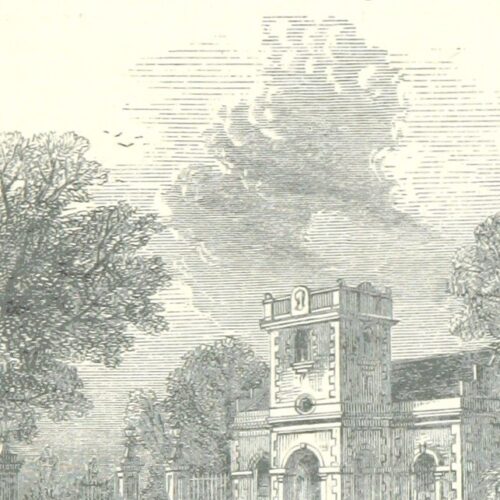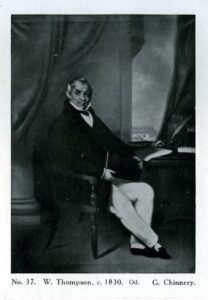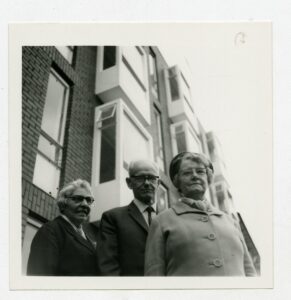

Not Religion as a Duty, but Duty as a Religion.
Felix Adler
(A motto of the East London Ethical Society)
The East London Ethical Society was formed in 1889, for ‘the development of good character and the promotion of right conduct on a purely human basis’. The society held lectures in a hall during the winter, Victoria Park during the summer, and organised fortnightly excursions. An article in the Ethical World described how the ELES ‘piped to various tunes – philosophical, historical, literary, sociological, etc.: but the people around took little heed’, being ‘mostly steady, honest, hard-working men and women’ who on Sundays are ‘dead tired’.
The East London Ethical Society was formed at a meeting on 10 November 1889. Its first meeting, recalled by Frederick James Gould, was in a ‘Mile End dancing saloon’ in February 1890, and a series of lectures commenced the same month, delivered at the Assembly Rooms, Cottage Grove, Mile End Road. On 23 March, civil servant and promoter of women’s rights Clara. E. Collet delivered the lecture.
An article in the International Journal of Ethics, published in 1891, described the East London Ethical Society as likely being ‘of great use to many among the working-classes who are not won by the church services’. The society sought to appeal to the working people of Mile End, and a great deal of its focus was on building community and caring for children. It opened a Sunday school, ran an Ethical Club year-round, and organised excursions throughout the summer to green spaces, theatres, museums, and the zoo.
For its motto, the East London Ethical Society always retained ‘Give your life a moral purpose’. In achieving ‘the development of good character and the promotion of right conduct’, its methods were:
Discussion, socialising, and social reform underpinned the East London Ethical Society, echoing the activities of the other ethical societies.
In 1905, the ELES became the Bow and Bromley Ethical Society, and in 1908 the Hackney Ethical Society.

Nina Spiller was a lifelong worker for women’s rights, who played an active role in the humanist movement for more […]

All moral and political wisdom should tend mainly to this, the just distribution of the physical means of happiness. William […]

It is essential to get it recognised that good and graceful living is sufficient in itself; further, that this is […]

The writer, TV and radio personality and social campaigner, Claire Rayner, best known for her agony aunt columns, spent most […]